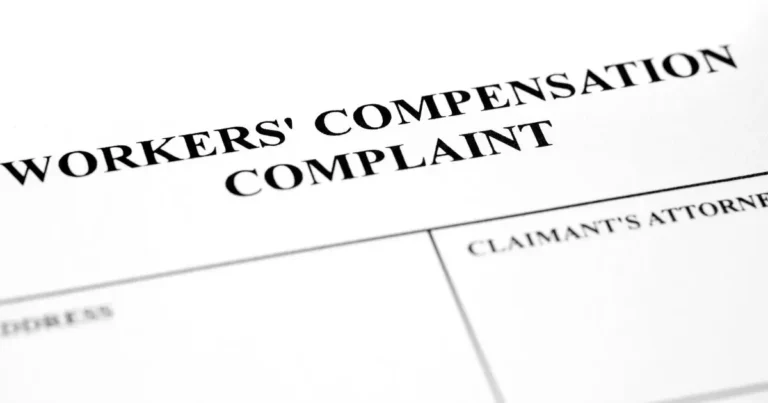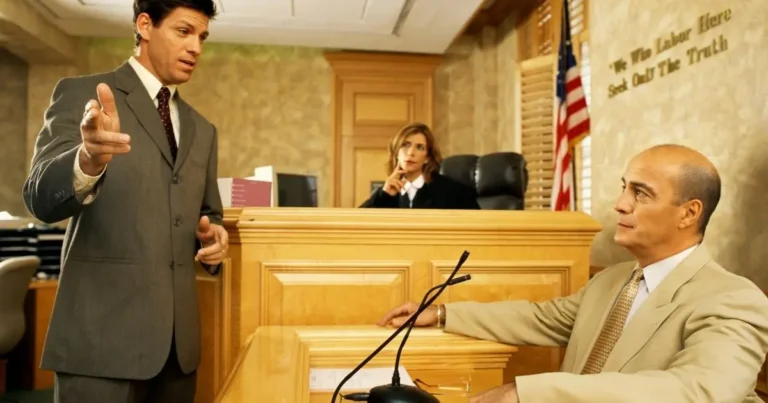How Do You Know If You Have A Personal Injury Claim?~5 min read
If you have been injured through someone else’s negligence, you likely have a personal injury claim. Many personal injury victims do not know what to expect. You might feel overwhelmed by the system if you have not been through the claims or court process before. Personal injury claims can be especially difficult if the insurance company is pressuring you to settle your claim quickly. It is important to consult with your personal injury lawyer, so you get legal advice from someone who is on your side who understands the fair compensation you are owed in your your case.
How do you know if you have a claim?
To prove a personal injury claim, a plaintiff must be able to prove four separate elements of the case:
- Duty: To bring a suit for negligence, the defendant must owe the plaintiff a duty of care. The law recognizes a duty of care in many different situations. Drivers owe a duty of care to other road users, doctors owe a duty of care to their patients, and retail property owners owe a duty of care to customers who enter their stores. The general level of care that is due is that of the “reasonably prudent person” in similar circumstances. So a doctor, for example, must treat a patient with the same level of care that another reasonably prudent doctor would use when presented with the same case. Drivers must also act as a “reasonably prudent” driver would in the same traffic scenario. Sometimes there is an applicable traffic law that makes it easy to determine whether a driver was reasonably careful or not.
- Breach: A breach of the duty of care is known as negligence. An individual or company that is negligent must compensate victims for all injuries and losses caused by this negligence. This fact is why many states require drivers to carry liability insurance – many road accidents occur every day, and the damage caused by these accidents can get very expensive very quickly. Massachusetts is one such state which mandates auto insurance for all drivers. New Hampshire does not, but not having insurance can expose your assets to judgment. Of course, negligence does not only occur on the roads. It can occur on construction sites or in the workplace. It can occur when a store leaves a puddle for a customer to slip on. It can occur when a nursing home allows staff members to abuse or neglect its residents. Many everyday situations can constitute a breach of the duty of care.
- Causation: Negligent individuals and companies must compensate injury victims for all losses that they cause. Sometimes causation is an obvious issue. But with injuries, causation can be more complicated. What if the victim had an underlying medical condition that complicated his or her recovery? What if the victim was involved in two separate accidents involving two separate negligent drivers? In these cases, the insurance company might deny that they are responsible for some or all of the victim’s medical bills. They will also try to deny compensation for pain and suffering. Because pain and suffering are often the largest components of a personal injury award, pain and suffering awards can affect your legal rights drastically. It is important to hire an experienced personal injury lawyer who knows how to handle challenging issues of causation.
- Damages: To be compensated, an injury victim must prove that he or she suffered damages as a result of the defendant’s negligence. That can include tangible losses (such as medical bills or lost wages) and intangible losses (such as pain and suffering). There are many types of losses you might suffer as a result of your personal injury. A good lawyer will be able to help you find and prove these losses to protect your legal right to compensation for all of them.
How do I get compensated for my claim?
To get compensation for a personal injury, you will need to file a claim with the defendant’s insurance company. Insurance companies are huge corporations with endless amounts of experience and money at their disposal. Against all this power and experience, it is difficult – if not impossible – for an injury victim to get a fair settlement without hiring their own lawyer.
It is also important to understand that a personal injury claim is not as simple as making a claim and getting payment. The insurance company will make legal challenges at every step of the way. They may deny that their client had any duty of care to you at all. They can contest that their client even caused your injuries. And inevitably, the insurance company will contest the amount of your damages, claiming the damages are too high, and a fair settlement amount would be much lower. All of these arguments involve complex legal issues of negligence, liability, and damages. Few victims will be able to contest these complex legal arguments on their own.
Contact the Law Offices of Parnell, Michels & McKay
The attorneys at Parnell, Michels & McKay have been handling injury cases for over 40 years and bring a detailed knowledge that helps you receive the most for your injuries. Our Personal Injury Lawyers handle every type of injury case, which includes workers compensation and social security disability claims. Our practice includes auto accidents, motorcycle accidents, employment injuries, negligence, product liability, dog bites, animal bites, slip and falls, trip and falls, and other personal injury actions. We have secured millions of dollars in compensation for our clients. Call or contact us today!
Our firm blends advocacy oriented practice with effective practical solutions for all our clients in Londonderry, N. Woodstock, and throughout New Hampshire. The attorneys at Parnell, Michels & McKay provide effective representation and counseling to assist our clients facing legal questions. We simplify the process so our clients can understand and are able to participate as partners in the resolution.
Our practice includes personal injury law such as motor vehicle accidents, falls, dog bites, workers compensation, social security disability, and other injuries.
We also practice family law, including divorce, post-divorce, unwed custody and property division, and collaborative divorce, and have extensive experience in bankruptcy, probate, boundary disputes, estate planning, corporate formation and other real estate litigation.















